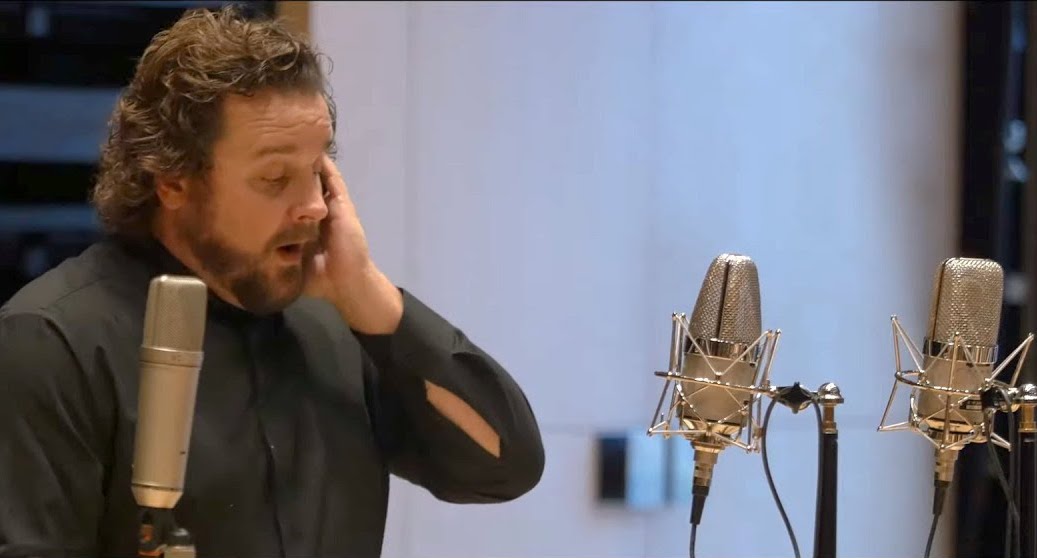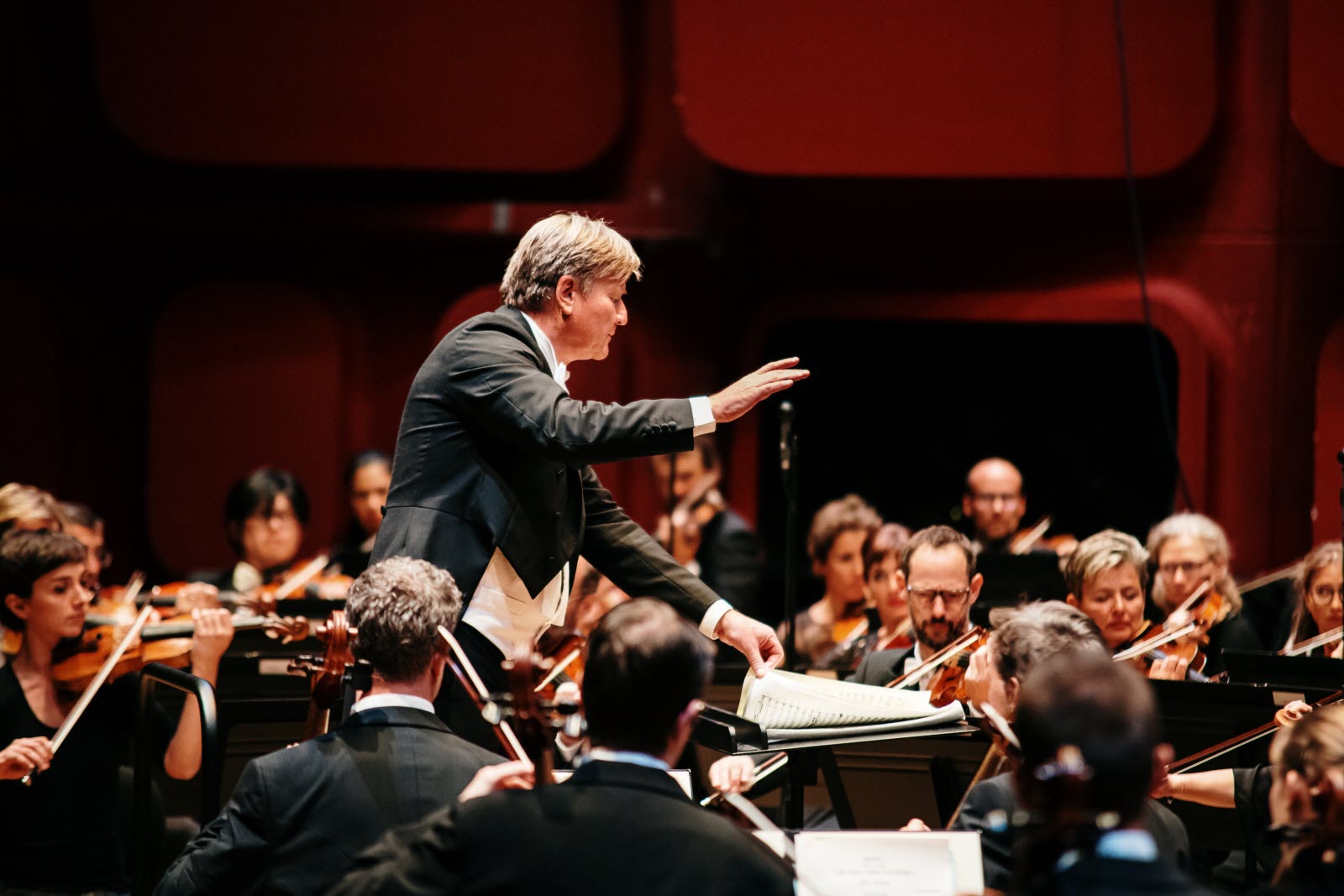
Michael Spyres the BariTenor, difficult to compartmentalize — but a spectacular 85-minute listen
ReviewMichael Spyres, the extraordinary baritone, tenor (and, when called upon, countertenor) is not easily compartmentalized. Starting out as a baritone he spent several years in that vocal range before realizing his tenor capabilities. For the record the term baritone derives from the Greek meaning “heavy” while tenor is Latin for “to hold.” Spyres, then, must combine the dark and heavy lower range with the ability to produce and to hold coloratura expressions. He does all of that—and more.
Baritenor is not simply a clever name for BariTenor, the terrific new recording from Spyres. It’s also a type of voice, albeit a rare one, that doesn’t easily fit into the traditional “Fach” system (German for “compartment”) used throughout the world but especially in German-speaking countries to classify the voices of opera singers. These types and sub-types, many overlapping each other, are assigned so as not to enlist a singer for a role unsuited to his or her voice. But in Spyres’ case he needs multiple listings.
The recording, a luxurious and record-setting 85 minutes of burnished virtuosity, is spread over 18 arias spanning three centuries and 15 composers. Spyres straddles the tenor and baritone repertoires so stylishly as to approach a state of operatic titillation, if there was was such a thing. This baritenor is by turns, dramatic, delightful and daring, though never self-consciously so. The voice may be rare, but he’s a natural.

Spyres displays not only superb technique but a deep understanding of the emotional and theatrical baggage accompanying the roles in these vocal classifications. Each aria, whether for tenor or baritone, is fully realized with assurance and great detail, as if he had a seasoned performance history for each role.
This will come as no surprise to listeners of his highly praised Warner/Erato recording Amici e Rivali in which he goes mano a mano with fellow tenor Lawrence Brownlee in a group of Rossini arias, duets and, joined by a mezzo soprano and yet another tenor, trios.
The sour intent behind the sweetly sung “Deh, vieni alla finestra” from Don Giovanni is ever present. Together with Count de Luna’s vengeful lament, “II balen del suo sorriso” from Il trovatore and Die lustige Witwe’s delightfully insinuating (at least by the standards of operetta) “Da geh ich zu Maxim” they show evidence of a baritone in fine and nuanced form.
No less can be said about the tenor arias. The opening “Fuor del mar” from Idomeneo is performed with gravitas and tortured uncertainty. That high-flying “Ah! mes amis, quel jour de fête!” from La fille du régiment floats as much coloratura delight as the fluidly sung “Aux bords lointains” (In fernem Land) from Lohengrin does its solemn revelation.

BariTenor invites comparisons. Spyres takes on Mozart and Rossini, prompted, respectively, by Beaumarchais, with the charming, if disturbing, buffoonery of Count Almaviva’s “Hai già vinta la causa!” in Le nozze di Figaro. Later Figaro revels in giving rapid-fire voice to his diverse clientele and his own indispensability in “Largo al factotum” from Il barbiere di Siviglia, perhaps the showpiece among showpieces.
Then there’s Spyres touched by Shakespeare. First there is Rossini’s rousing and triumphant “Ah! sì, per voi già sento” from Otello and then the melancholy Dane attempting to drown his sorrows in drink with “O vin, dissipe la tristesse” from Thomas’ Hamlet. Spyres renders both on a grand scale with assistance from the exceptional Choeur de l’Opéra national du Rhin. The acclaimed Orchestra philarmonique de Strasbourg led by Marko Letonja, adapts with sensitivity and ease to the music’s formidable demands.
Hailing from the Ozarks, Spyres presented a recital of four selections from BariTenor at the Ozark Lyric Opera in Springfield, Missouri, of which he is artistic director. Teaming with Warner/Erato, the performance was captured on video to celebrate its launch. Available on YouTube, it’s worth viewing to experience Spyres’ vocal versatility and stage presence with only piano accompaniment.

Speaking of recitals, he’s giving one on September 7th and 9th at the Park Avenue Armory in New York. Accompanied by Mathieu Pordoy, the roster of intriguing works includes “Les nuits d’été” by Berlioz and Beethoven’s “An die ferne Geliebte”. Performing in the Armory’s Board of Officers Room, one of the city’s most intimate and elegant venues, seating approximately 100, it’s an extraordinary setting in which to experience this spectacular baritenor at work.


Comments